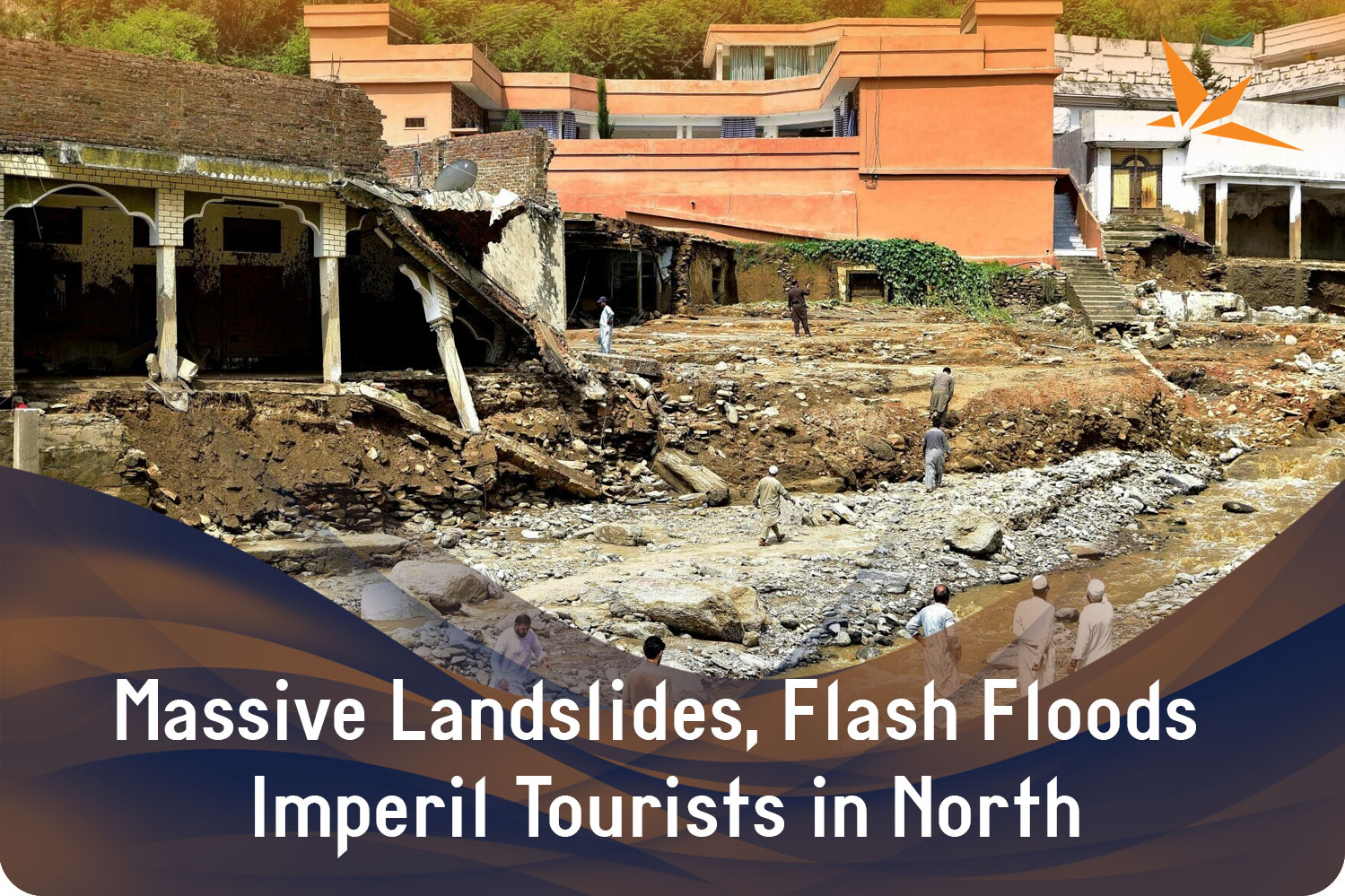
The northern regions of Pakistan, popular for their breathtaking landscapes and cultural heritage, are reeling under one of the deadliest monsoon seasons in recent memory. Massive landslides, sudden cloudbursts, and devastating floods have turned once-peaceful valleys into disaster zones, forcing authorities to issue urgent advisories against travel.
Tour operators and local administrations have suspended Hunza tours, Skardu tours, and Swat tours until further notice as safety risks intensify. Roads remain blocked, communication networks have collapsed in many areas, and rescue operations are underway to evacuate stranded tourists.
Monsoon Fury Claims Lives
The heavy rains have left hundreds dead across northern districts. In Khyber Pakhtunkhwa, flash floods tore through valleys and villages, destroying homes, shops, and fields. Buner, Swat, and adjoining areas were hit the hardest, where sudden torrents swept entire neighborhoods within minutes.
In Gilgit-Baltistan, the situation is equally dire. Landslides have cut off access routes to Hunza and Skardu, trapping locals and tourists alike. Authorities warn that the Karakoram Highway, the lifeline to Hunza and Skardu, has been blocked in multiple sections, making Hunza tours and Skardu tours impossible at present.
Stranded Tourists and Rescue Efforts
Thousands of tourists who had traveled for summer holidays or guided packages, including Swat tours, were caught off-guard as rivers overflowed and roads collapsed. Rescue teams, aided by the military, have been evacuating visitors from high-risk zones.
So far, thousands have been moved to safer ground, but many remain stuck in valleys due to weather disruptions. Relief helicopters have been delivering food and medicine, though a tragic crash of one such helicopter claimed the lives of crew members engaged in aid efforts.
Tourist Hotspots Paralyzed
Hunza, Skardu, and Swat — long regarded as jewels of Pakistan’s tourism industry — are currently among the worst-affected areas. Normally bustling with domestic and foreign visitors during this season, these destinations have seen hotels, guest houses, and markets emptied as travel bans take effect.
Hunza tours, famous for visits to Karimabad, Attabad Lake, and Khunjerab Pass, are suspended as landslides have blocked approach roads.
Skardu tours, offering access to Shigar, Deosai Plains, and Upper Kachura Lake, have been halted due to washed-out bridges and rising water levels in the Indus River.
Swat tours, often called the “Switzerland of the East,” are on hold as floods destroyed sections of the Swat Expressway and surrounding routes.
Authorities Issue Strong Advisory
Officials have strongly urged travelers to postpone any plans to the northern areas tour packages. With forecasts predicting more rainfall, the risks of further landslides, flash floods, and road collapses remain extremely high. Travel companies have also advised customers to reschedule or cancel upcoming Hunza, Skardu, and Swat tours until conditions stabilize.
Schools in affected districts have been closed, emergency shelters set up, and medical camps established to serve displaced families. Relief work continues, but authorities admit that full restoration of infrastructure could take weeks.
Below you'll find an official message from NDMA which has cautioned Pakistanis against travelling to northern areas till 7th of September 2025.

Climate Change a Growing Threat
Experts link the increasing frequency of cloudbursts and flash floods to climate change. Warmer temperatures are intensifying monsoon patterns, leading to heavier rainfall in shorter periods. Combined with unplanned construction in vulnerable mountain areas, the result has been catastrophic damage.
The destruction in Hunza, Skardu, and Swat highlights how Pakistan’s top tourist destinations remain highly exposed to climate disasters. Calls are growing for stronger early-warning systems, safer infrastructure, and sustainable tourism policies that protect both locals and visitors.
Human Stories from the Disaster
Families in Swat describe how floodwaters swept through homes within minutes, leaving nothing but rubble. In Hunza, villagers stranded near Attabad Lake lit fires at night to signal helicopters for rescue. Tourists in Skardu recounted being trapped in hotels without food supplies for days before convoys finally reached them.
| Region / Event | Approx. Date | Event Type | Reported Casualties |
|---|---|---|---|
| Khyber Pakhtunkhwa (widespread) | Aug 14–16, 2025 | Flash floods, landslides, cloudbursts | 307–344+ deaths, many in remote valleys |
| Buner District (KP) | Mid-August 2025 | Cloudburst-induced floods | 157–184 deaths in a single district |
| Nationwide (Pakistan overall) | June–Aug 2025 | Monsoon-related floods, landslides | Over 541 total fatalities |
| Northern Pakistan (KP, GB, AJK) | Aug 15, 2025 | Flash floods & landslides | 250+ killed, dozens injured, widespread damage |
| Gilgit-Baltistan, AJK, Bajaur | Aug 15, 2025 | Flash floods & landslides | 26 killed, 8 injured |
| Kishtwar District (Chositi, J&K) | Aug 14, 2025 | Cloudburst-led flash floods | At least 56 killed, many missing |
| Swat Valley & Gilgit-Baltistan | June–July 2025 | Flash floods, glacial lake outburst | Around 72 deaths, bridges destroyed |
| Nationwide (early monsoon snapshot) | Early July 2025 | Flash floods, heavy rain | 64 deaths, 117 injured |
| Nationwide (late July snapshot) | July 23, 2025 | Monsoon floods and landslides | 252 total |
For many, the summer holiday turned into a nightmare of survival. Yet, amid the tragedy, communities have come together to provide shelter, share food, and support stranded travelers.
Until roads reopen and the weather stabilizes, Hunza tours, Skardu tours, and Swat tours remain on hold. Travel experts suggest that once recovery is underway, tourism must shift toward more sustainable and safer models that prioritize early disaster preparedness.
For now, authorities emphasize that lives come first. With rainfall still predicted, they urge citizens and international visitors alike to stay away from northern areas until conditions improve.
The floods and landslides that struck northern Pakistan serve as a grim reminder of nature’s unpredictability. For now, the breathtaking valleys of Hunza, Skardu, and Swat — usually symbols of peace and beauty — stand silent, waiting for recovery. Until then, all tours and travel to these destinations are strongly discouraged.
;More Travel News
-
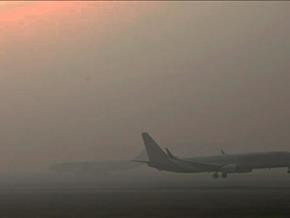 15-Nov-2024Lahore Airport Shrouded in Fog: Flights Delayed, Cancelled
15-Nov-2024Lahore Airport Shrouded in Fog: Flights Delayed, Cancelled -
 07-Oct-2025Trending Honeymoon Destinations 2025: Maldives, Cappadocia & Santorini
07-Oct-2025Trending Honeymoon Destinations 2025: Maldives, Cappadocia & Santorini -
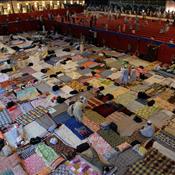 24-Mar-2022Permission of Itikaf after two year hiatus at the Two Holy Mosques
24-Mar-2022Permission of Itikaf after two year hiatus at the Two Holy Mosques -
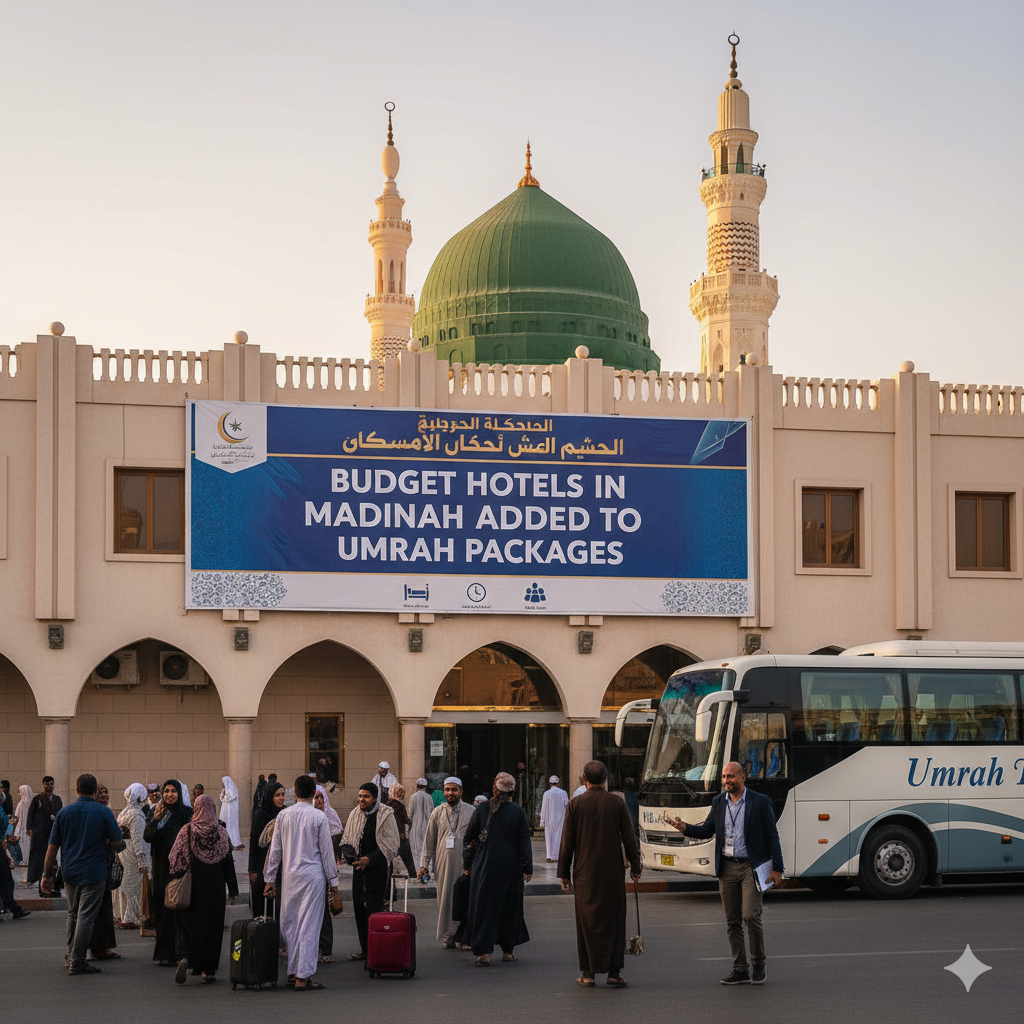 30-Sep-2025Budget Hotels in Madinah Added to Umrah Packages:
30-Sep-2025Budget Hotels in Madinah Added to Umrah Packages: -
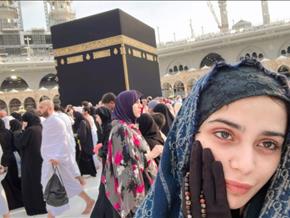 06-Aug-20242 in 1 Package? Aima Baig Performs in Concert and Then Performs Umrah
06-Aug-20242 in 1 Package? Aima Baig Performs in Concert and Then Performs Umrah -
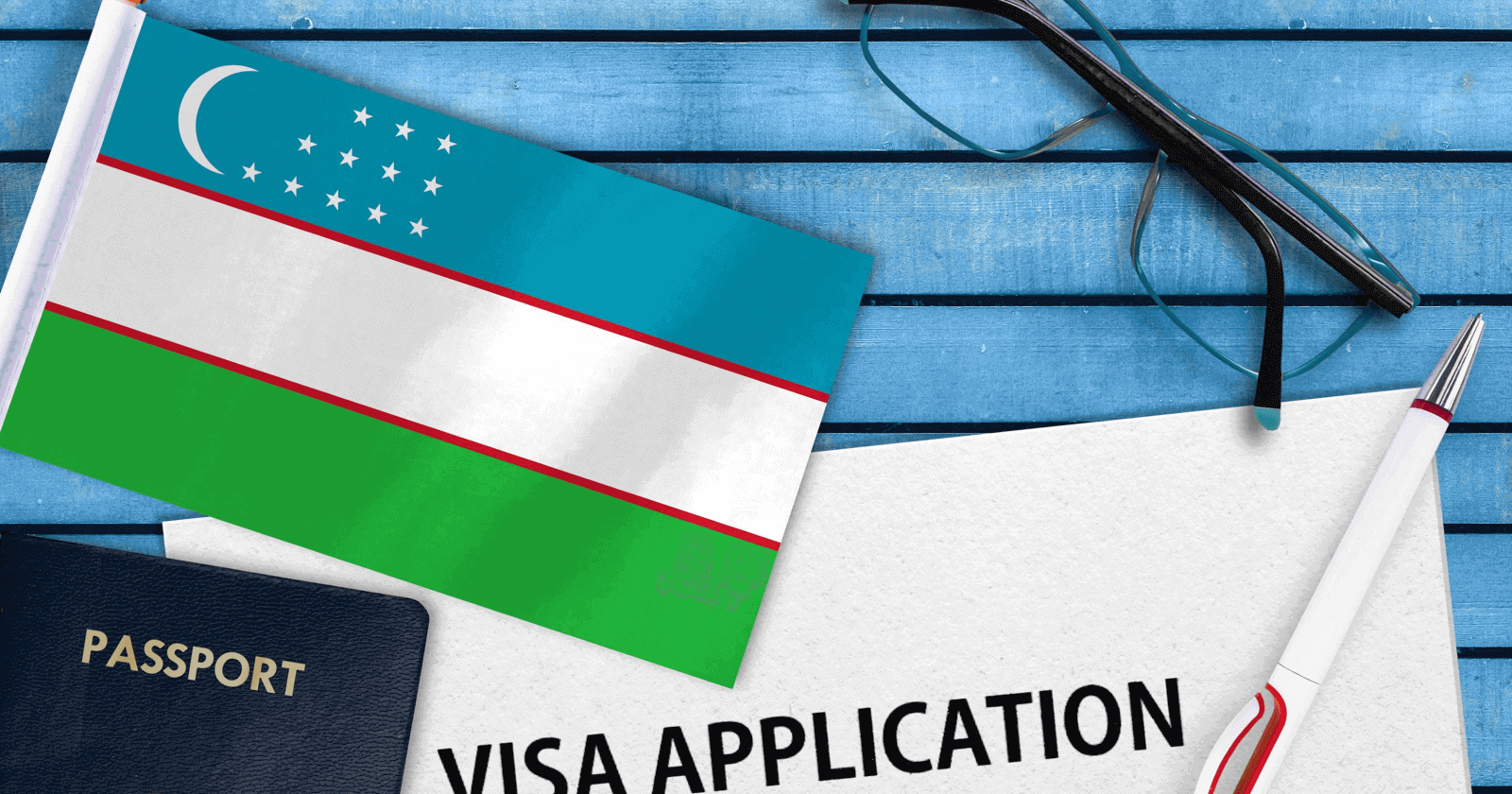 15-Apr-2025Uzbekistan sets date for visa on arrival service for Pakistani tourists.
15-Apr-2025Uzbekistan sets date for visa on arrival service for Pakistani tourists. -
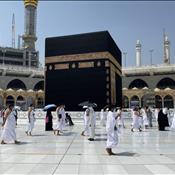 11-Dec-2022Umrah Insurance Certificate a Must for Going to Saudi Arabia
11-Dec-2022Umrah Insurance Certificate a Must for Going to Saudi Arabia -
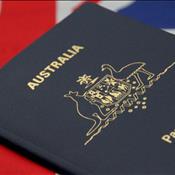 08-Sep-2023Australia Reduces Student Visa Processing Time
08-Sep-2023Australia Reduces Student Visa Processing Time -
 19-Apr-2025Best honeymoon tour packages options for Pakistani couples
19-Apr-2025Best honeymoon tour packages options for Pakistani couples -
 23-Apr-2022Saudi Arabia Announces Hajj Quota for Various Countries
23-Apr-2022Saudi Arabia Announces Hajj Quota for Various Countries -
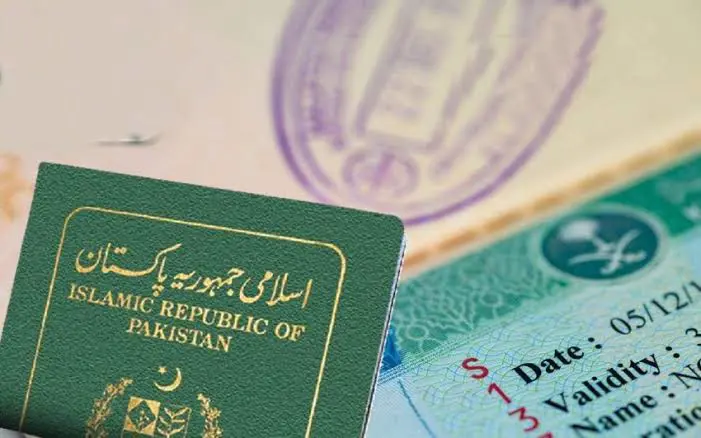 13-Jun-2025Saudi Arabia: Temporary Hold on ‘Block Work Visa Quotas’ for Certain Nationalities – An Evolving Landscape
13-Jun-2025Saudi Arabia: Temporary Hold on ‘Block Work Visa Quotas’ for Certain Nationalities – An Evolving Landscape -
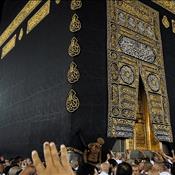 05-Mar-2022Saudi Arabia Government Removes Covid-19 Restrictions
05-Mar-2022Saudi Arabia Government Removes Covid-19 Restrictions
